




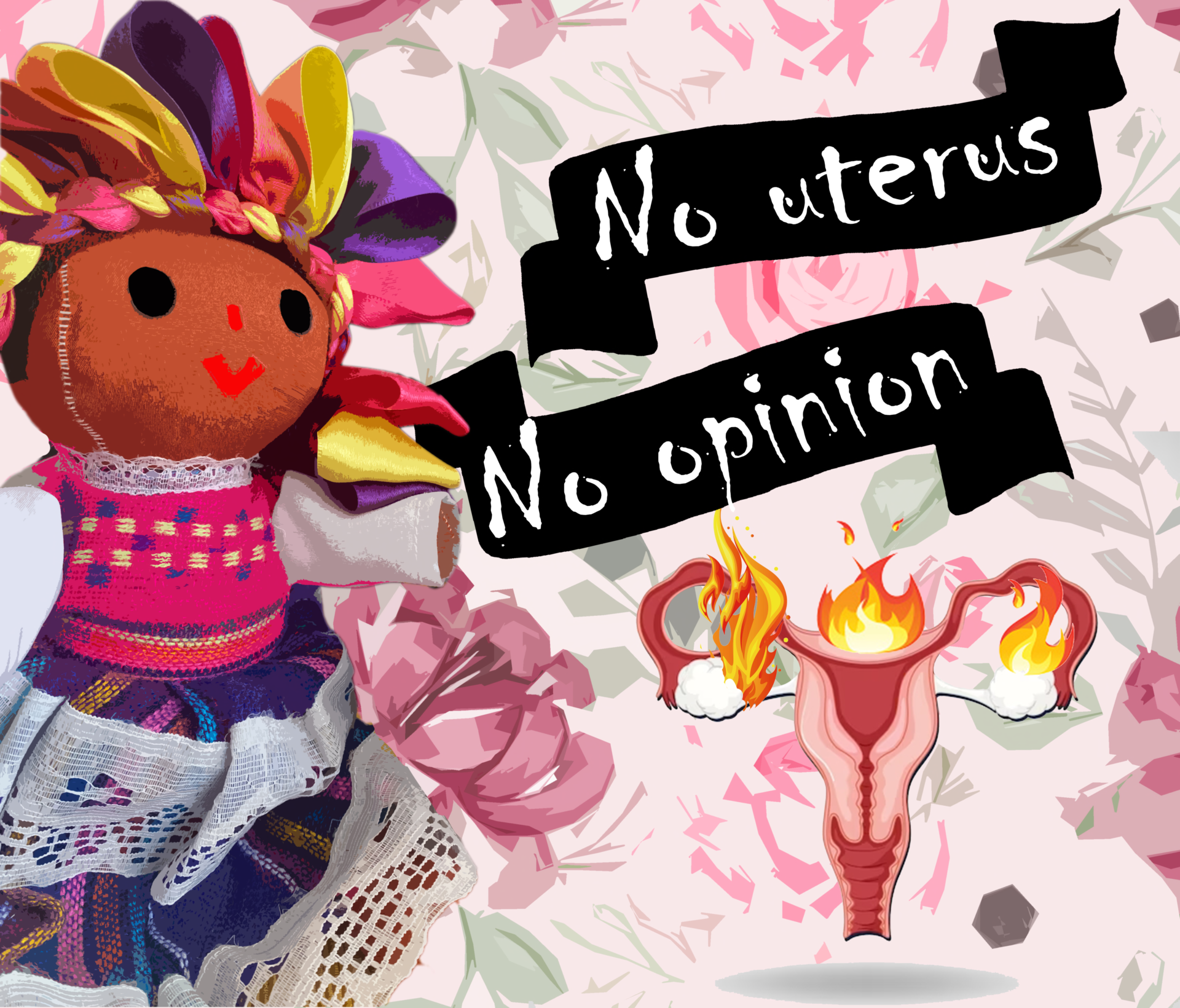
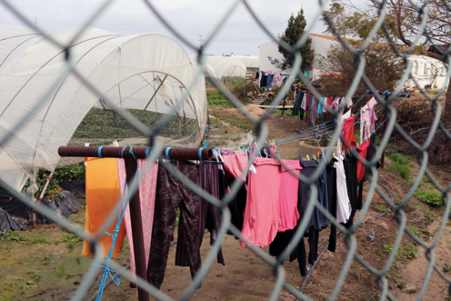
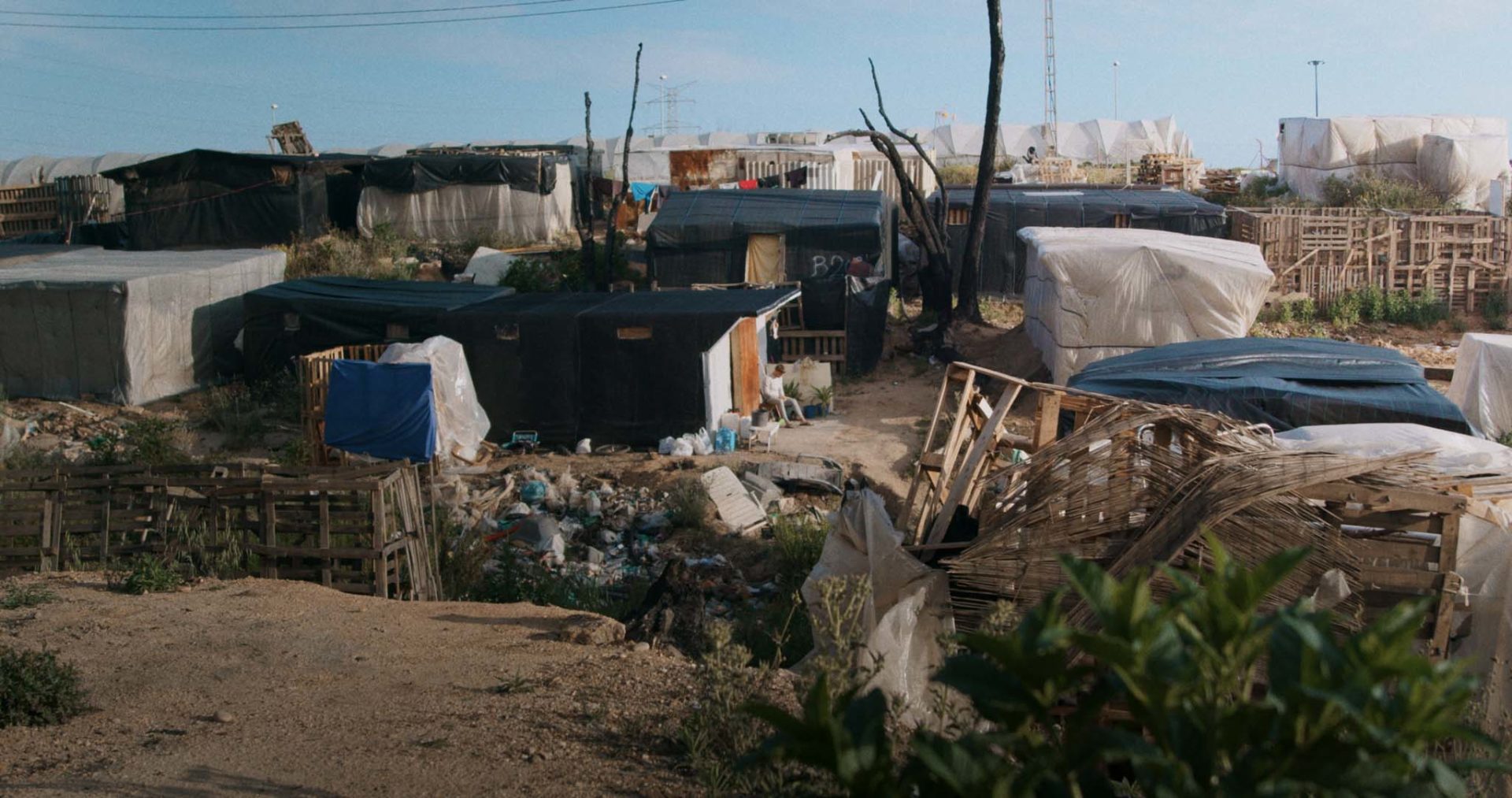









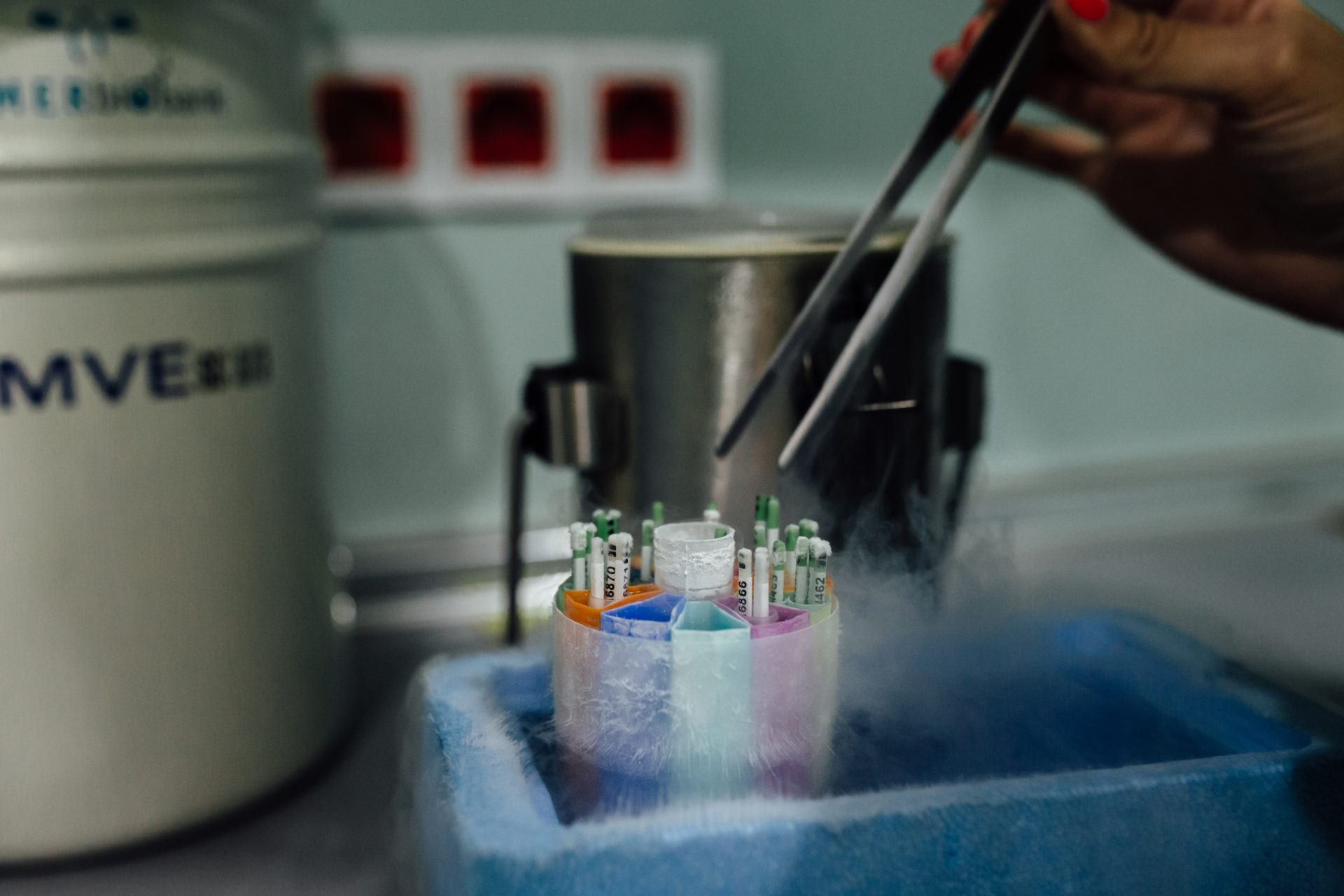


















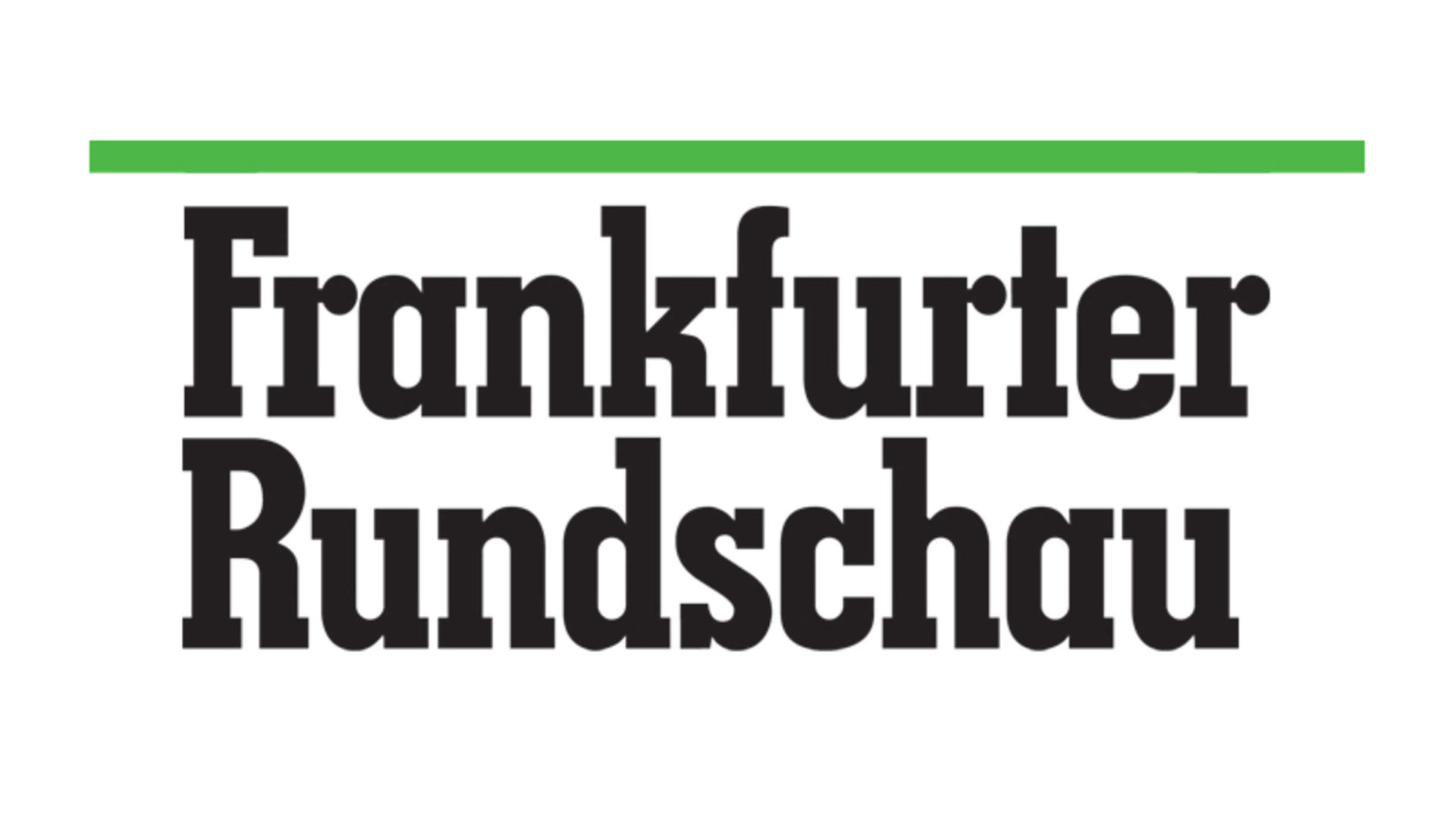
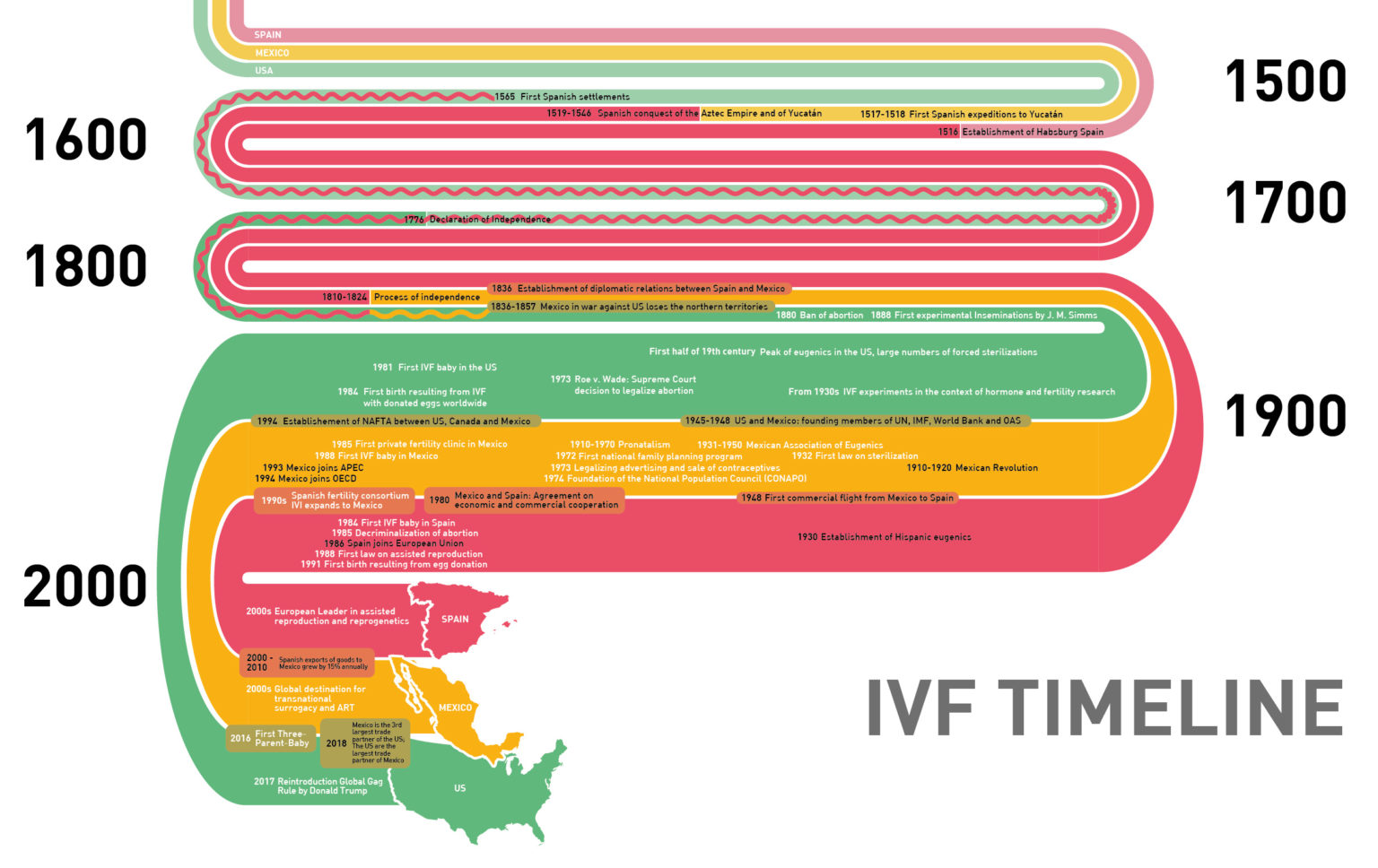












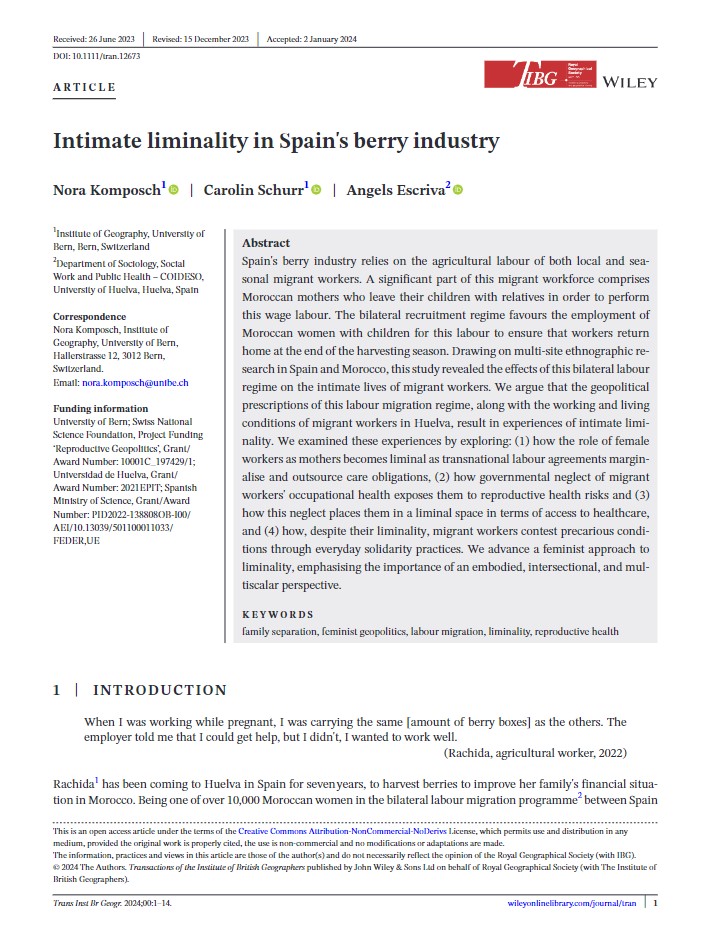


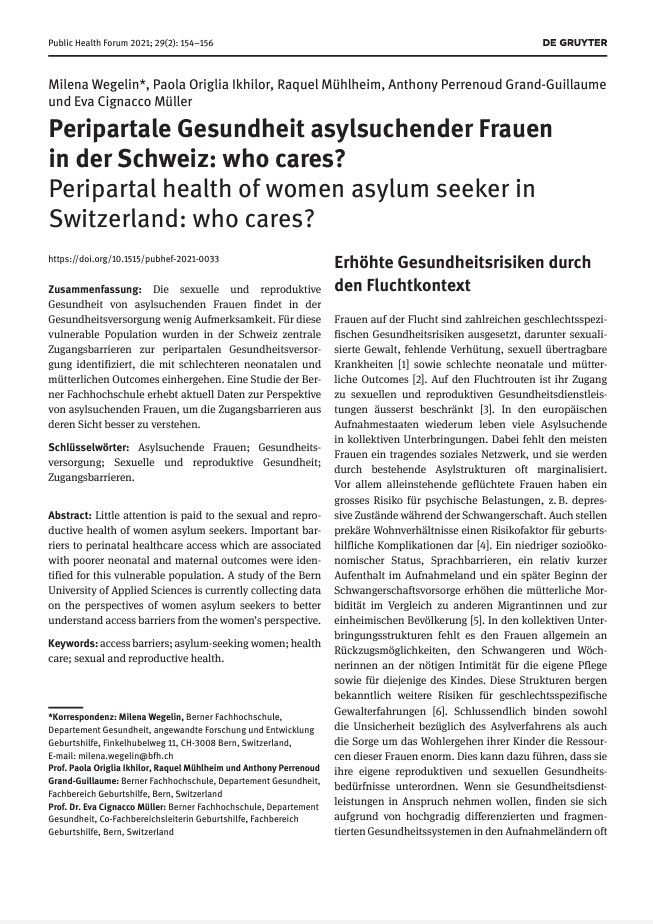
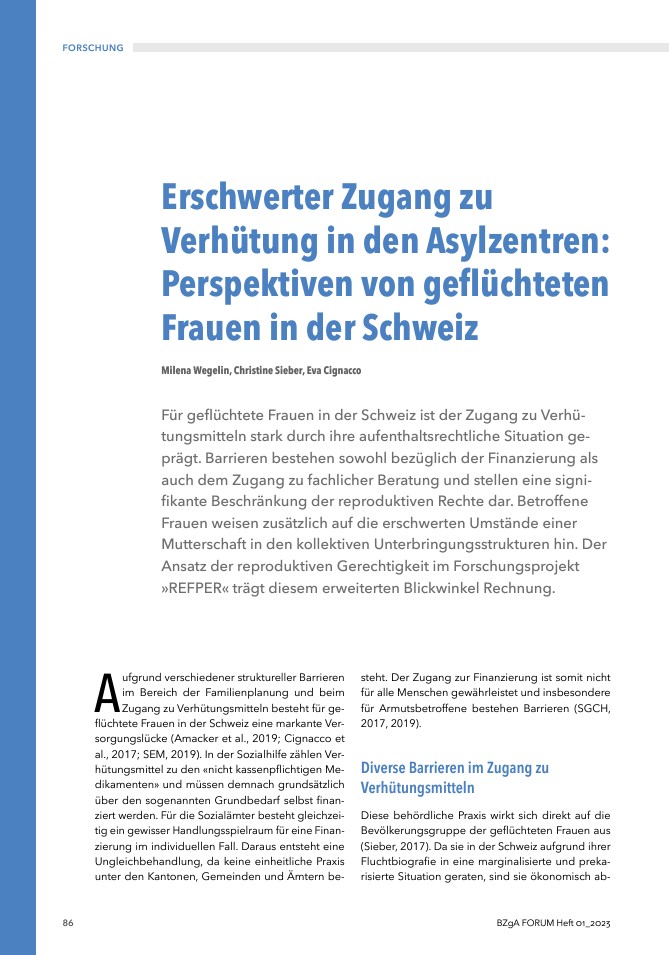
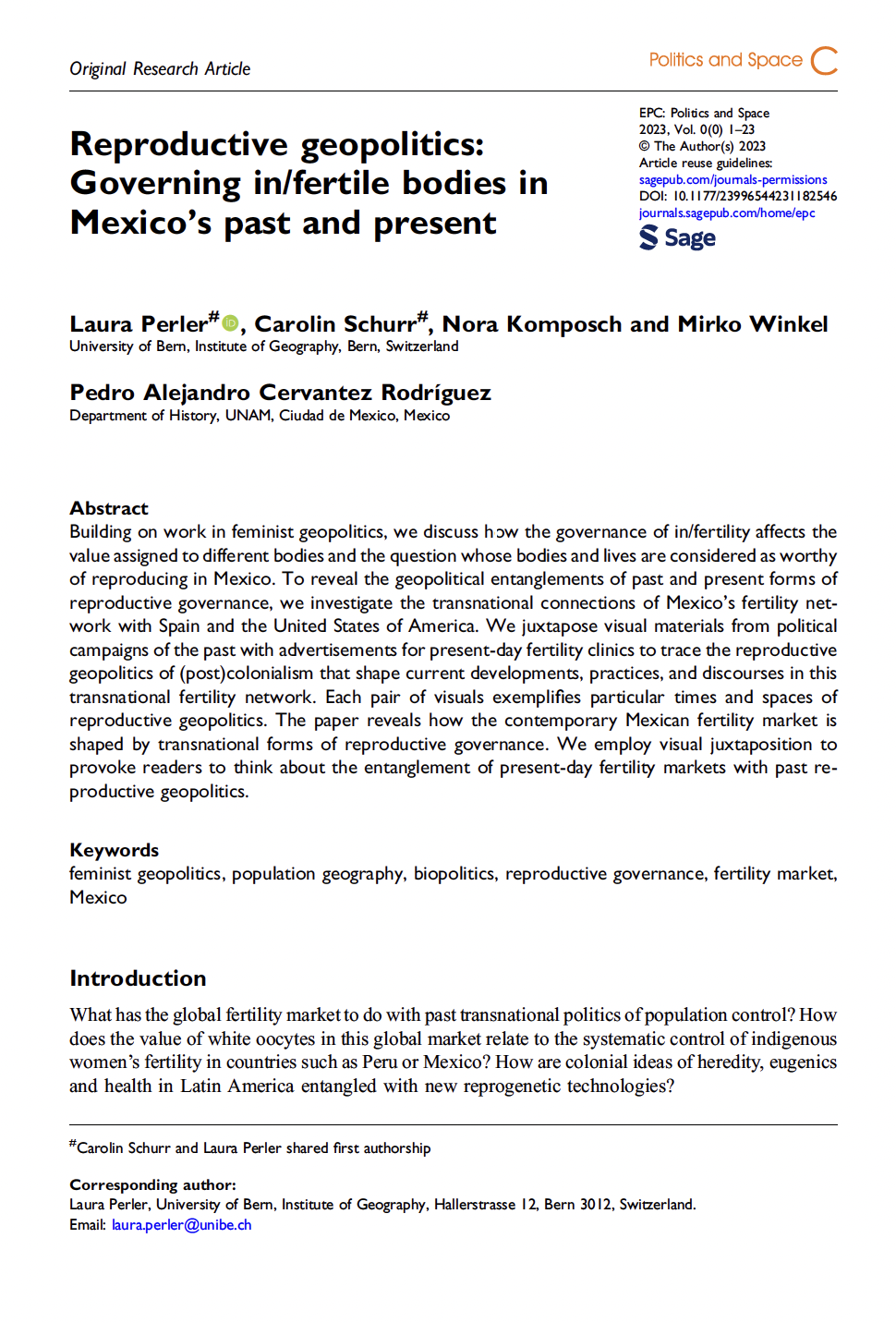
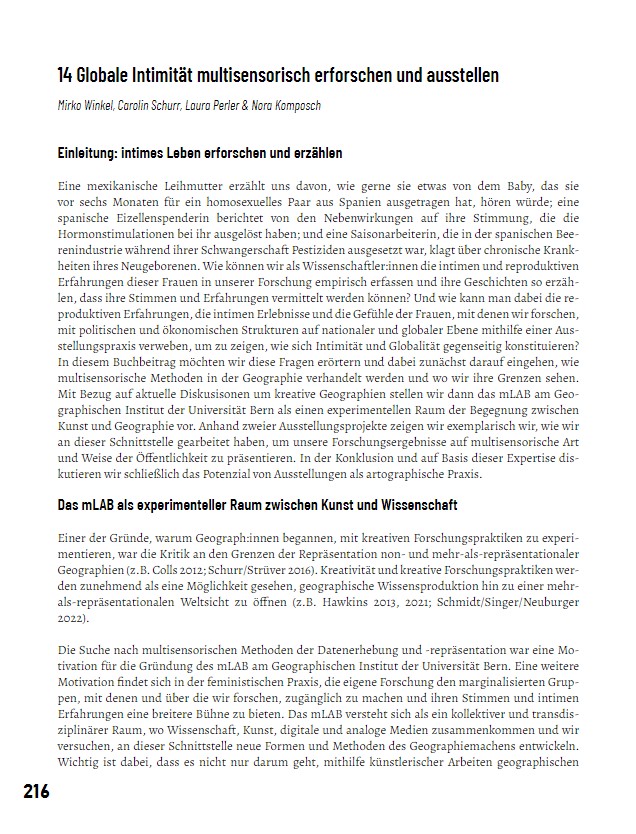
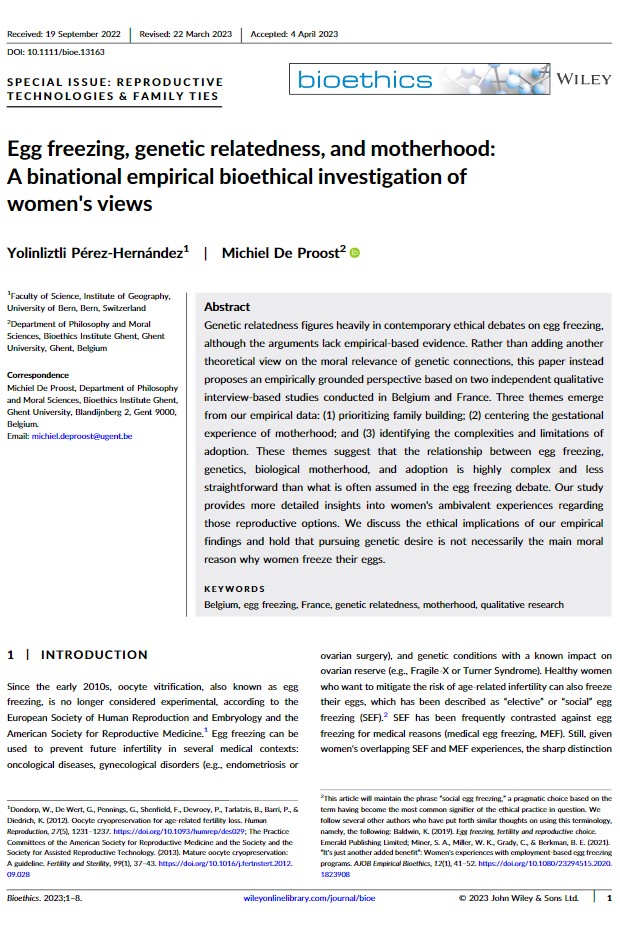

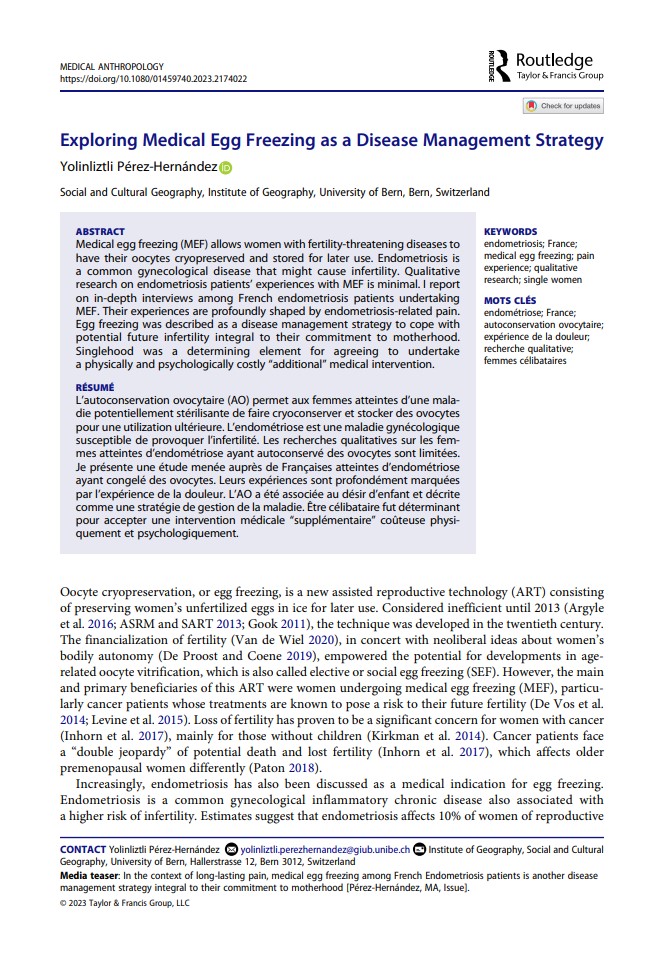
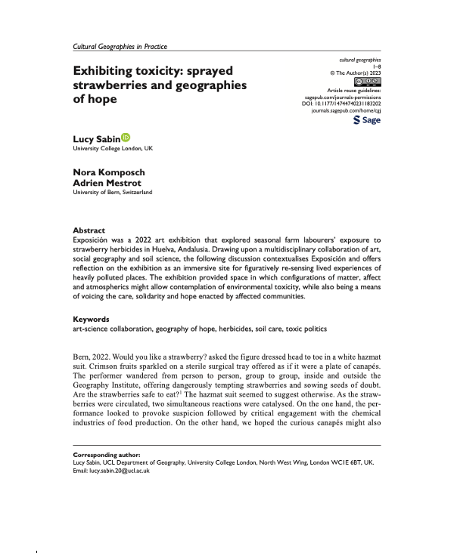
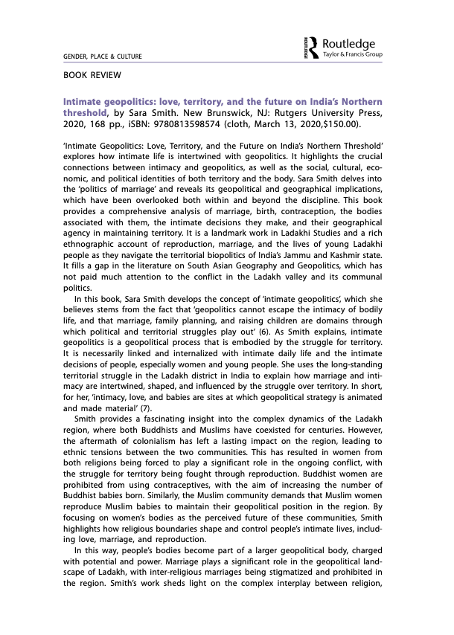
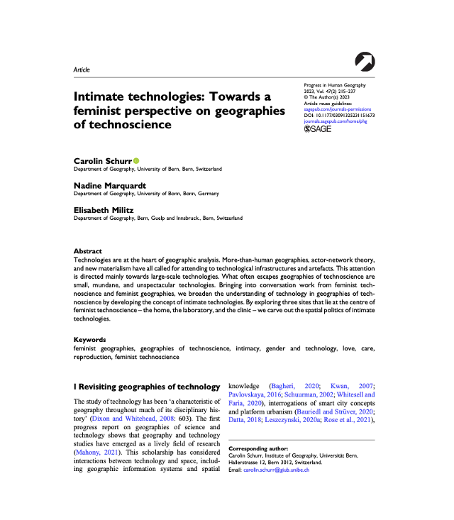
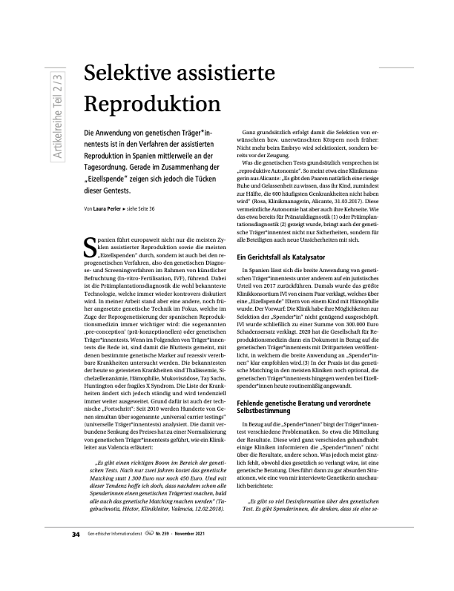
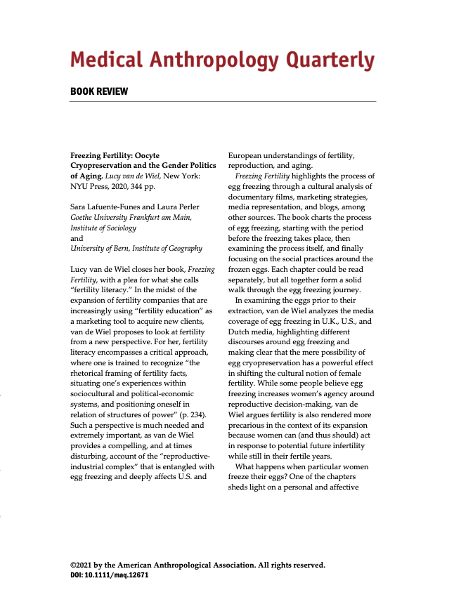
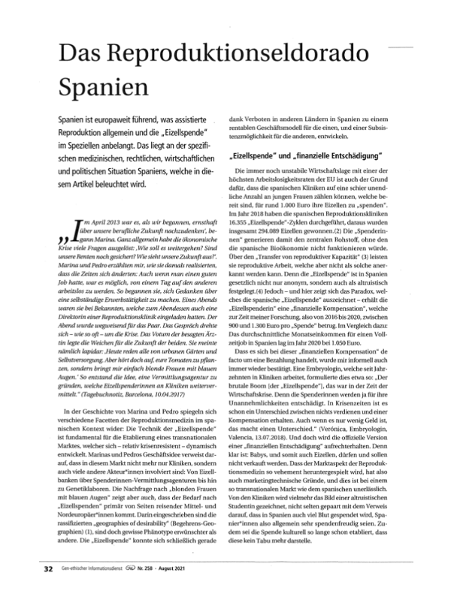

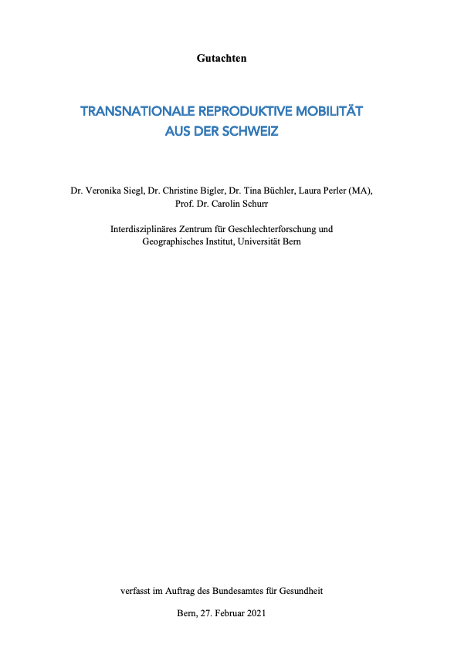
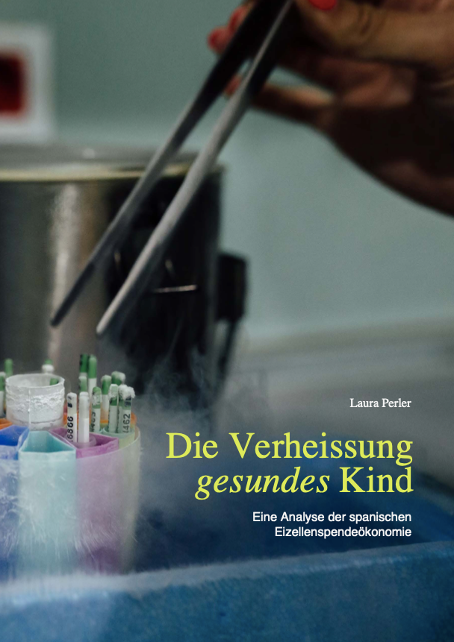
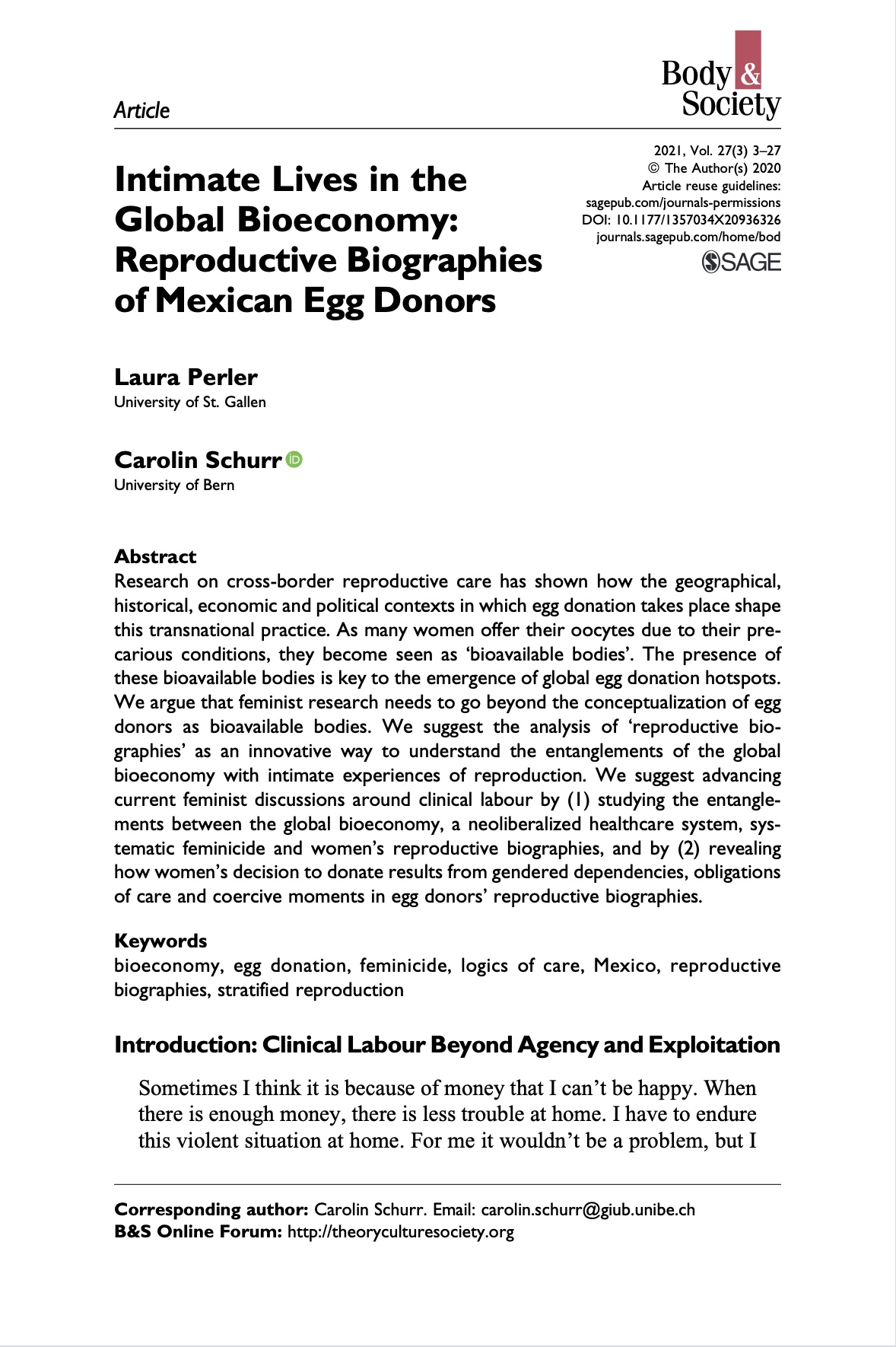
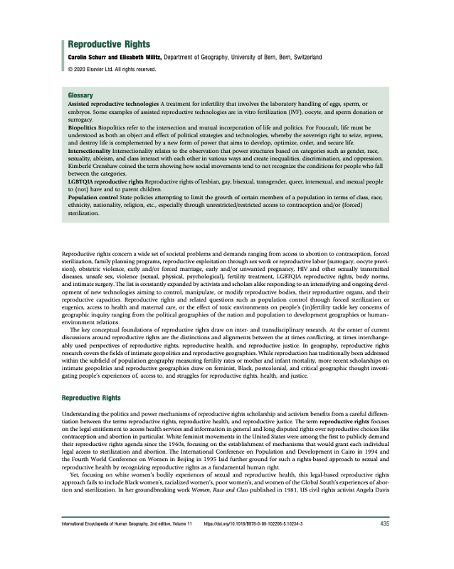
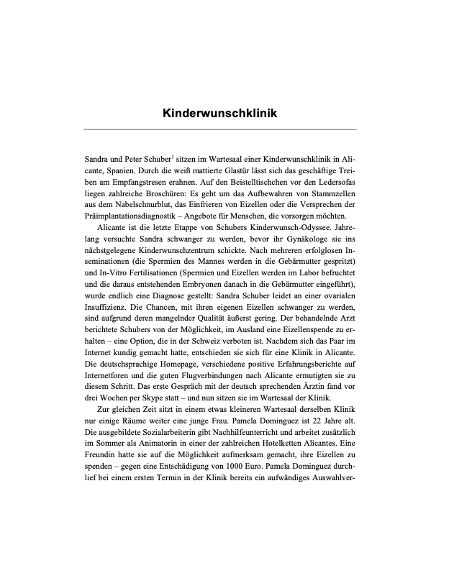
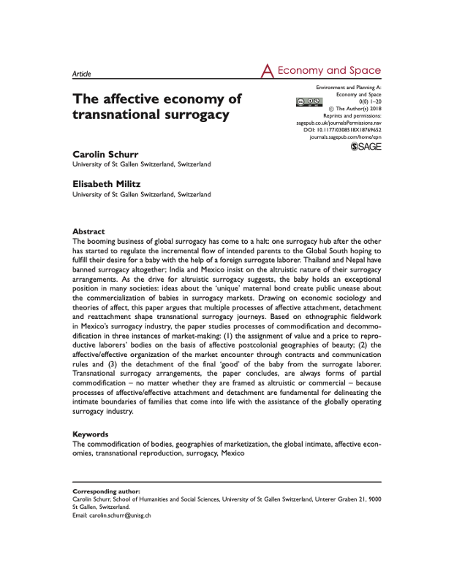
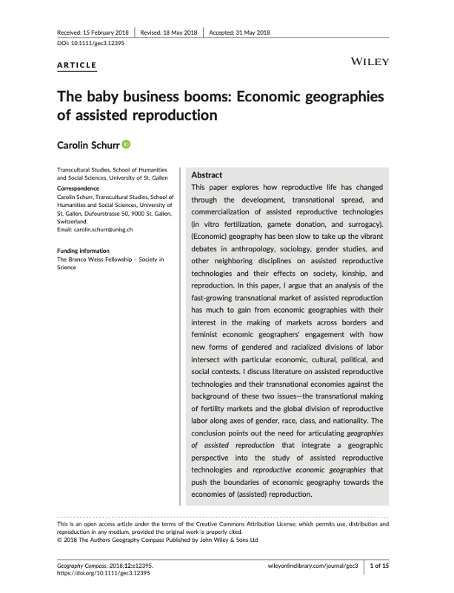
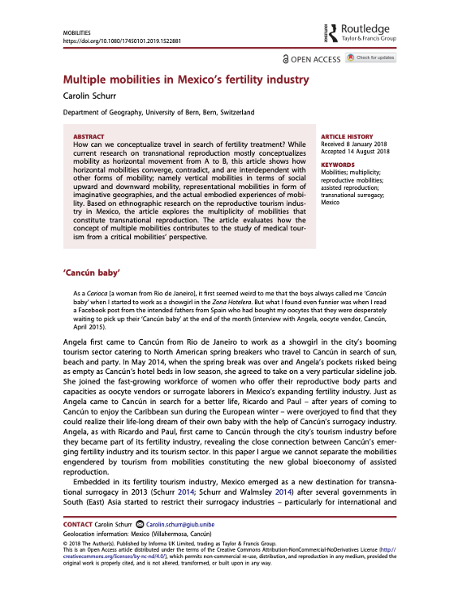
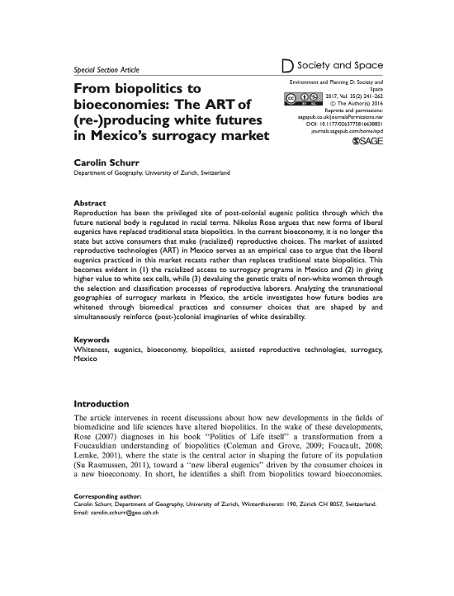


Migrant farm workers, mostly from Morocco, work in Huelva’s strawberry fields under poor conditions to harvest fresh fruit for all of Europe (Pinto 2021). The strawberry workers not only receive poor wages, work long days and are provided with inadequate work equipment, but they are exposed to major reproductive health risks on a daily basis. Pesticide use as well as psychological and sexual harassment at work impact the health of female farm workers (Barbour and Guthman 2018; Guthman 2019; Holmes 2013; Müller and Servel 2020; Veillerette and Lauverjat 2013; Wells 1996). Due to the labour migration regime e.g. between Morocco and Spain, Moroccan women who work in Huevla’s strawberry fields all have children (Hellio 2013). This labour migration policy has primarily geopolitical reasons: through women’s care obligations in Morocco, Morocco guarantees that the seasonal workers will return home after the labour in the berry fields is finished.
In Spain’s view, there are hence less of a threat to demographical anxieties in Spain which predict that the migrant population grows faster than the Spanish one in the future that fuel racist and right-wing attacks against the migrants working in the strawberry industry. At the same time, Spanish employers who own the strawberry farms fear less resistance from female workers from Morocco due to their family dependencies and financial pressures to sustain their families with remittances. Looking at the intersections of migration, labour, health and environmental policies, the subproject seeks to show how this particular labour migration regime relies on a form of invisibilized population politics as only certain bodies in terms of gender, nationality, ability and family status are granted access to work as migrant workers while at the same time, they are denied to carry out any form of care work for their own children while being employed as workers in Spain. Harmful working conditions, abuse, and a lack of access to reproductive health care denies them their right of reproductive autonomy and to pursue their reproductive desires.
So far, research has focused on the poor working conditions and circular migration of Moroccan women in Huelva’s strawberry industry (de Castro, Reigada, and Gadea Montesinos 2019; Hellio 2013, 2014, 2016; Hellio and Moreno Nieto 2018; Moreno Nieto 2013; Moreno Nieto and Hellio 2012; Reigada 2017). The diverse linkages between working conditions, the circular migration, and the reproductive lives of the working women, however, have scarcely been studied. Thus, the project aims to examine the reproductive geopolitics that sustain Spain’s transnational strawberry industry. It examines how women workers experience and deal with the impacts of their harsh physiological, psychological and environmental working conditions on their family lives and reproductive health. It further explores, how NGOs, unions, and transnational actors negotiate and create resistance against the effects poor working conditions and exposure to toxins has on women workers’ reproductive health and asks which actors on which political scale should be held accountable for the human rights violations taking place on a daily basis in the fields.
Following female worker’s journeys across space, scale, and time, Nora Komposch spends in total eight months of ethnographic research in the strawberry fields, clinics, and health care institutions, both with the women themselves as well as nurses, midwifes, politicians, and NGO and union staff in Spain and Morocco. Women’s reproductive biographies and their concrete experiences are captured with various affectual methods, such as body mapping (Gastaldo et al. 2012), depending on the women’s individual preferences. Through this multi-sited ethnography, the subproject seeks to understand how working arrangements in Huelva’s strawberry industry and the circular migration of seasonal workers are entangled with transnational population policies, family planning programs, and feminist struggles for reproductive justice.
(Photography by Lucy Sabin)

Barbour, Madison, and Julie Guthman. 2018. “(En)Gendering Exposure: Pregnant Farmworkers and the Inadequacy of Pesticide Notification.” Journal of Political Ecology 25(1).
de Castro, Carlos, Alicia Reigada, and María Elena Gadea Montesinos. 2019. “The Devaluation of Female Labour in Fruit and Vegetable Packaging Plants in Spanish Mediterranean Agriculture.” Organization 27:135050841988338. doi: 10.1177/1350508419883387.
Gastaldo, Denise, Lilian Magalhães, Christine Carrasco, and Charity Davy. 2012. “Body Mapping | Migration as a Social Determinant of Health.”
Guthman, Julie. 2019. Wilted: Pathogens, Chemicals, and the Fragile Future of the Strawberry Industry. Vol. 6. 1st ed. University of California Press.
Hellio, Emmanuelle. 2013. “”We Don’t Have Women in Boxes’.” Pp. 141–57 in Seasonal Workers in Mediterranean Agriculture: The social costs of eating fresh, edited by J. Gertel and S. R. Sippel. London and New York: Routledge.
Hellio, Emmanuelle. 2014. “Importer Des Femmes Pour Exporter Des Fraises ? : Flexibilité Du Travail, Canalisation Des Flux Migratoires et Échappatoires Dans Une Monoculture Intensive Globalisée : Le Cas Des Saisonnières Marocaines En Andalousie.” These de doctorat, Nice.
Hellio, Emmanuelle. 2016. “‘They Know That You’ll Leave, like a Dog Moving onto the next Bin’: Undocumented Male and Seasonal Contracted Female Workers in the Agricultural Labour Market of Huelva, Spain.” in Migration and agriculture. Mobility and change in the Mediterranean area, edited by A. Corrado, C. De Castro, and D. Perrotta. Routledge.
Hellio, Emmanuelle, and Juana Moreno Nieto. 2018. “Les fruits de la frontière.” Plein droit n° 116(1):31–34.
Holmes, Seth M. 2013. Fresh Fruit, Broken Bodies. University of California Press.
Moreno Nieto, Juana. 2013. “Migrations Saisonnières á Travers Les « contrats d’origine.” in Expériences du genre. Intimités, marginalités, travail et migration, edited by M.-P. Anglade, L. Bouasria, M. Cheikh, F. Debarre, V. Manry, and C. Schmoll. Paris-Casablanca: Le Fennec-Khartala.
Moreno Nieto, Juana, and Emmanuelle Hellio. 2012. “Las jornaleras de la fresa en Andalucía y Marruecos. Hacia un análisis feminista de la globalización agroalimentaria.” Retrieved January 19, 2021 (https://www.soberaniaalimentaria.info/numeros-publicados/61-numero-30/480-las-jornaleras-de-la-fresa-en-andalucia-y-marruecos).
Müller, Pascale, and Hélène Servel. 2020. “À Huelva, les fraises ont le goût de l’exploitation des femmes.” Axelle Mag. Retrieved January 29, 2021 (https://www.axellemag.be/a-huelva-exploitation-des-femmes/)
Pinto, Ana. 2021. “Las manos que alimentan el mundo son invisibles y están explotadas.” Retrieved February 15, 2021 (https://poderpopular.info/2021/02/15/ana-pinto-las-manos-que-alimentan-el-mundo-son-invisibles-y-estan-explotadas/).
Reigada, Alicia. 2017. “Policies, Economic Forces, Class Relations and Unions in Spain’s Strawberry Fields.” E.Paul Durrenberger (Eds.) Uncertain Times: Anthropological Approaches to Labor in a Neoliberal World. Colorado: Colorado University Press.
Veillerette, François, and Nadine Lauverjat. 2013. “EXPPERT 2 : Des Perturbateurs Endocriniens dans des fraises.” Générations Futures. Retrieved January 21, 2021 (https://www.generations-futures.fr/publications/perturbateurs-endocriniens-dans-des-fraises/).
Wells, Miriam J. 1996. Strawberry Fields: Politics, Class, and Work in California Agriculture. Ithaca, N.Y: Cornell University Press.